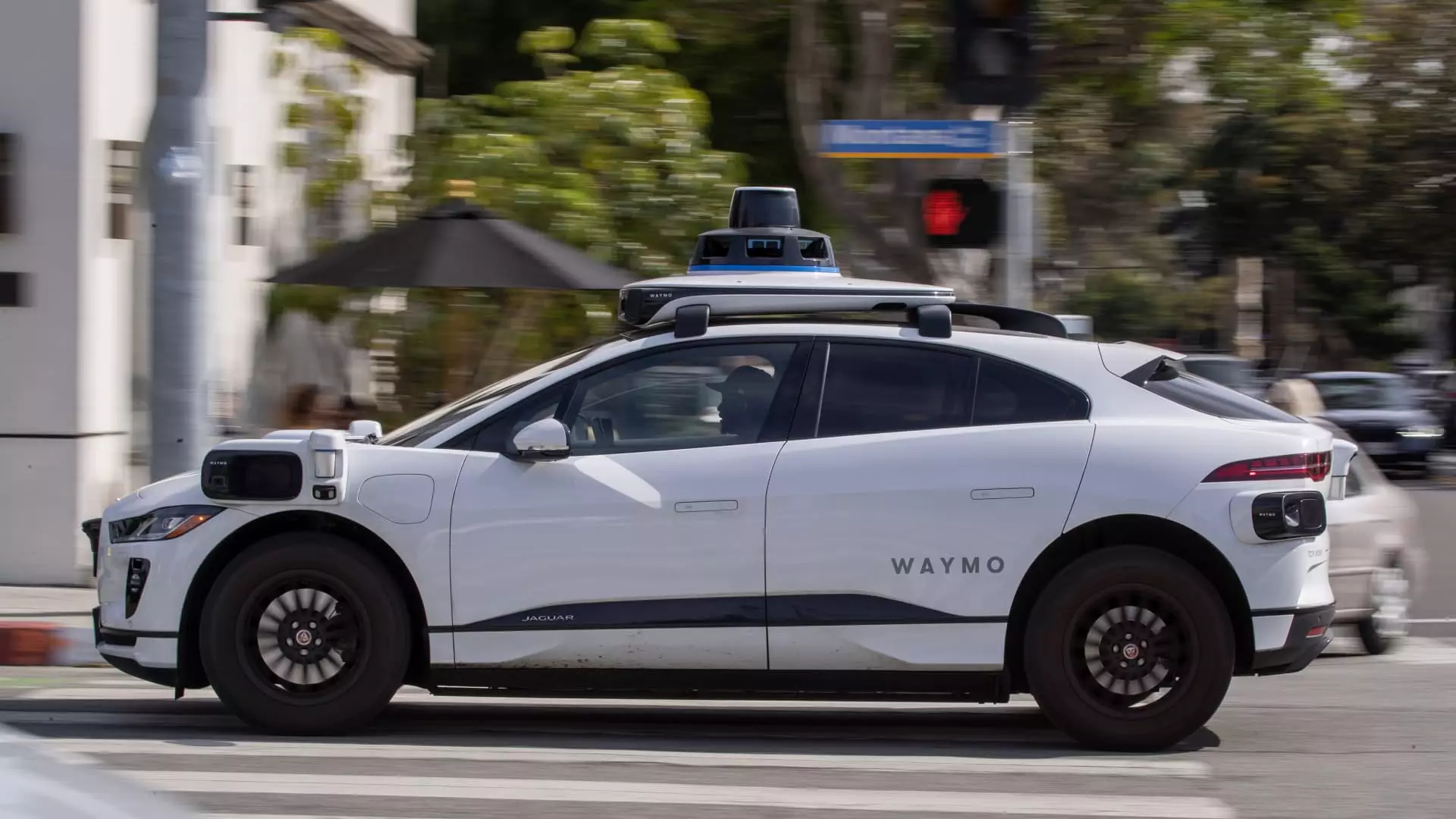Recently, Alphabet’s Waymo robotaxi unit received approval from the California Public Utilities Commission to expand its service to parts of Los Angeles and the Bay Area. This decision, which was announced on the regulator’s website, allows Waymo to start offering driverless passenger service in specific areas of Los Angeles and the San Francisco Peninsula.
Despite this approval, there have been concerns raised by competing taxi and transit service providers, as well as labor activists. Many are worried about the potential loss of jobs for drivers as autonomous vehicles become more prevalent. In addition, safety advocates have written letters to regulators and politicians expressing their reservations about Waymo’s expansion in the state.
Prior to this approval, Waymo initiated a voluntary recall filing notice with the National Highway Traffic Safety Administration, citing software issues that needed to be addressed. This recall was prompted by two incidents in Phoenix where unmanned Waymo vehicles collided with the same towed pickup truck within minutes of each other. These incidents added to existing concerns about the safety of autonomous vehicle use in California.
The California Public Utilities Commission referenced Waymo’s updated Passenger Safety Plan as a key factor in approving the expanded service. This plan, submitted in connection with Waymo’s operational design domain for deployment, was also approved by the California Department of Motor Vehicles. This demonstrates Waymo’s commitment to ensuring the safety of its passengers and the public.
Waymo’s progress in California is significant, especially when compared to other players in the autonomous vehicle industry. General Motors-owned Cruise and Apple have backed out of the autonomous vehicle business in California, while Tesla has not yet developed a fully autonomous vehicle that can operate without a human driver. This positions Waymo as a leader in the field of autonomous transportation.
As Waymo expands its robotaxi service in California, it raises important questions about the future of autonomous vehicles. With concerns about safety, job displacement, and regulatory approval, the road ahead for autonomous transportation is fraught with challenges. However, Waymo’s continued progress and commitment to safety suggest that autonomous vehicles may play a significant role in the future of transportation.


Leave a Reply